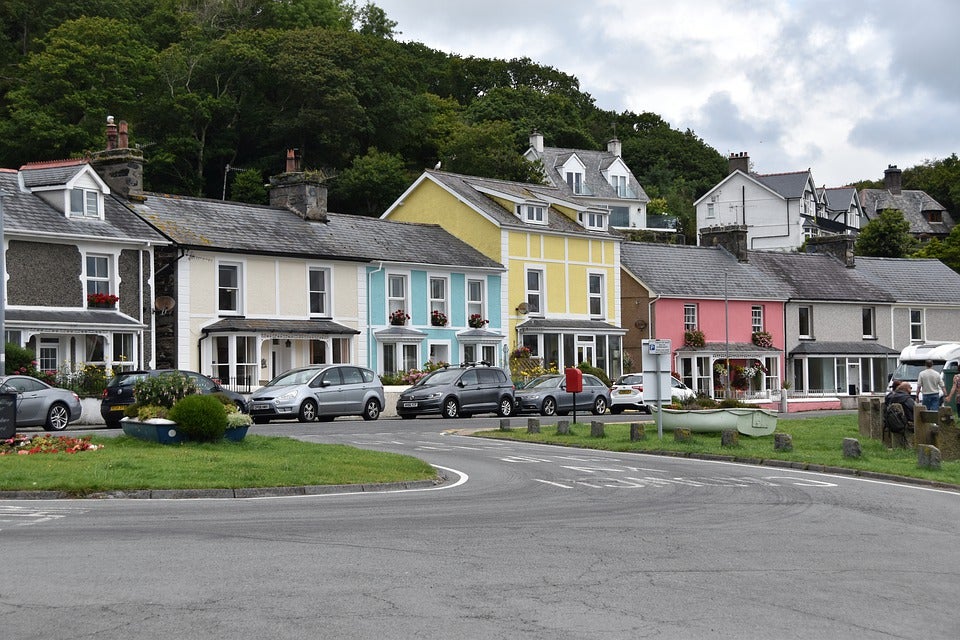
The Welsh Government has proposed that all new homes should be heated and powered by clean energy sources by 2025. The proposals, put forward by housing minister Julie James, aim for houses in Wales to be more energy- and cost-efficient and to reduce carbon emissions to meet Wales’ climate targets.
Ministers will present legislation to adopt a 95% greenhouse gas reduction target later this year with the ambition to reach net-zero emissions.
Housing in Wales accounts for 9% of Welsh greenhouse gas emissions today. Buildings will need to be powered and heated through lower-energy means in order for buildings to operate at close to zero emissions by 2050.
James said: “New and existing housing contribute about a fifth of the UK’s greenhouse gas emissions. If we are to meet our ambitious target of reducing our greenhouse gas emissions by 95% by 2050, we need to take action now to make a significant step-change to the way we heat and power our homes.”
The Welsh Government said in a press release that the proposals introduce tough standards on new homes to be implemented in stages over the next five years
The proposals include improved energy efficiency leading to a 37% reduction in CO2 from new builds, phasing out the use of high-carbon fossil fuels, improving energy efficiency through limiting heat loss and reducing demand for heat, improving air quality, and future-proofing new homes to make them easier to retrofit low-carbon heating systems.

US Tariffs are shifting - will you react or anticipate?
Don’t let policy changes catch you off guard. Stay proactive with real-time data and expert analysis.
By GlobalDataJames said: “The new homes being built today will exist in 2050. Therefore, we must ensure the standards we set for these homes put us on the right path. This involves improving energy efficiency and moving to cleaner ways to heat our homes. The proposed consultation, for implementation over the next five years, makes step-change and meaningful contribution to reducing the carbon and energy impact of new homes, while recognising our ambition needs to be balanced against the desire for standards to be cost-effective, affordable and practical.
“These measures will not only help tackle climate change, but they will also help keep down household energy costs now and in the future – helping people, no matter what their background or circumstances, with the cost of living.”
Consultation on the new proposals will close on 12 March 2020.



